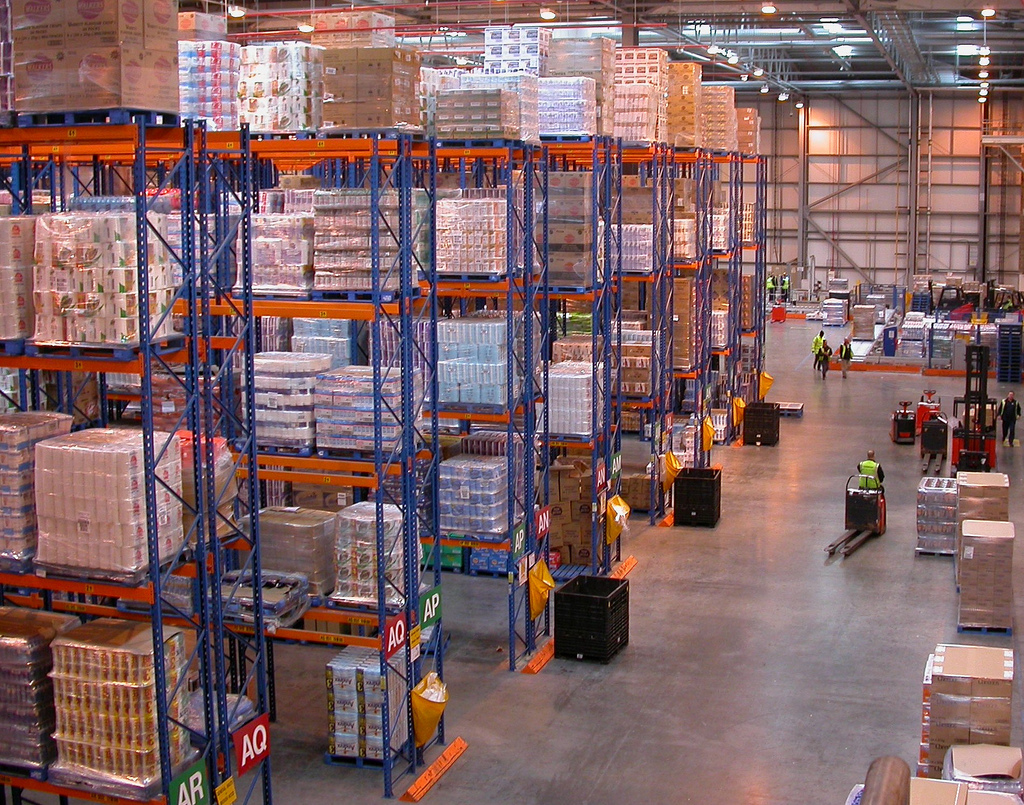
Chief supply chain officers value sustainability over profit, IBM and Celonis say
by CM Staff
72 per cent of CSCOs surveyed expect their processes and workflows to be automated over the next three to five years.

PHOTO: Supply chain/Nick Saltmarsh via Flckr
NEW YORK and ARMONK — More than half of chief supply chain officers would sacrifice profit for sustainability, according to a study on supply chain resiliency from IBM and Celonis.
Participating chief supply chain officers also reported recognizing value in hybrid cloud, AI, process mining and execution management as vital tools to repairing supply chain disruptions.
IBM and Celonis said their study found 72 per cent of CSCOs surveyed expect their processes and workflows to be automated over the next three to five years. Another 69 per cent said they plan to accelerate cloud adoption to improve real-time data access.
More than half or 53 per cent of surveyed CSCOs say their digital supply chain transformation will be “the most significant area of competitive advantage in the next three years,” the statement reads.
The research was published under the title, “The resilient digital supply chain: How intelligent workflows balance efficiency and sustainability.”
The IBM Institute for Business Value together with Celonis and Oxford Economics derived their findings from surveys with nearly 500 CSCOs in 10 different industries including banking, manufacturing, automotive and consumer products.
“The confluence of post-COVID-19 challenges, inflation and supply issues, security, and sustainability has led to the most complex operating environment in modern business. This has forced organizations to rethink and rebuild their supply chains to be more agile, efficient, and sustainable,” said Jonathan Wright, managing partner, finance and supply chain transformation, IBM consulting in a statement.
“Technology and data-fuelled automation and intelligence are key to not only evaluating current workflows and inefficiencies, but in identifying new opportunities as well.”